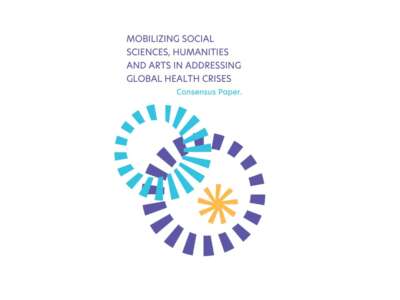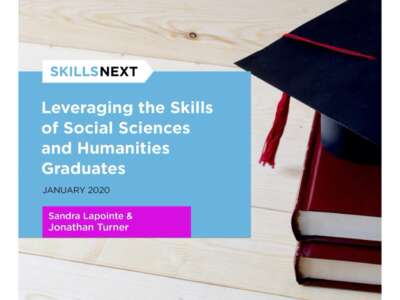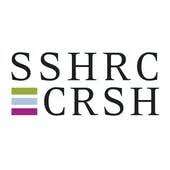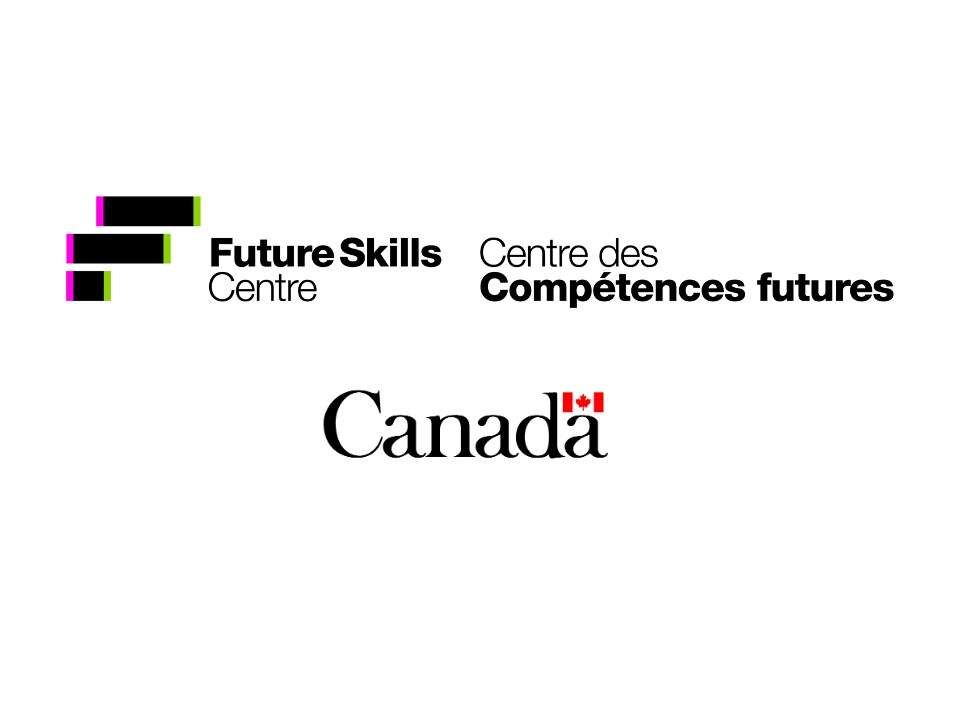À Propos
The/La Collaborative est un réseau intersectoriel et multipartenarial dédié à accroître la contribution des sciences humaines et sociales et des arts à l’innovation et à l’impact au cœur de nos communautés.
Notre communauté de pratique promeut de nouvelles approches à la mobilisation des connaissances et à la mise en place des compétences qui rejoignent les besoins des nouveaux chercheurs en sciences humaines et sociales et en arts. En participant, les étudiants de toutes les disciplines en sciences humaines et sociales attisent des collaborations qui unissent les université à leurs communautés.
Notre Mission
Créer des modèles de mobilisation des connaissances et bâtir le talent pour amener le savoir et l’expertise des sciences humaines et sociales au cœur de la communauté.
The/La Collaborative mobilise le savoir-faire des chercheur.e.s en sciences humaines et sociales et en arts à travers tous les secteurs pour engager, créer et communiquer l’importance de leurs disciplines tout en répondant aux besoins de leurs communautés.

Ressources

Drivers and Barriers to SSHA Impact at the Interface Between Science and Policy: A Literature Review
Despite their relevance, SSHA engagement at the SPI is constrained by two persistent barriers: low connectivity (across disciplines and sectors) and low institutional capacity (within both academia and policy systems). Structural misalignments, disciplinary silos, and underdeveloped collaborative infrastructures limit SSHA influence. However, where SSHA integration succeeds, it is driven by trusted relationships, reflexive institutional cultures, boundary-spanning actors, and co-designed partnerships.

Postdoctoral Position with The/La Collaborative
The/La Collaborative invites applications for a full-time postdoctoral researcher position, working with an interdisciplinary team under the supervision of Dr. Sandra Lapointe at McMaster University. Applications due on June 15th, 2025.

Building Capacity for Innovation in the Social Sector
Charities and nonprofits are trying to address some of society's most challenging problems: poverty, homelessness, addiction, mental health, and environmental degradation, to name just a few. Tackling these problems requires both innovation and systems-level change.

Innovation by Design
Under the theme “Innovation by Design”, four roundtables were organised at McMaster between January 23rd and 26th, 2024. They engaged a total of 27 students in 90 minutes semi-structured discussions on the role of the social sciences, humanities, and arts (SSHA) in stimulating and advancing innovation in Canada.

New Report˝: Community Innovation and Impact in the Social Sciences, Humanities and Arts.
We draw a picture of the current state of community-focused knowledge mobilization in Canadian SSHA and document academics’ perceptions of the practices and approaches that are meant to drive and/or end up hindering social innovation and impact.

CSPC 14 novembre 2023. BÂTIR UN SYSTÈME CANADIEN DE SOUTIEN À L’INNOVATION SOCIALE
Le panel s’appuie sur les efforts émergents d’alignement et de concertation autour du Forum Canadien pour l’Innovation Sociale (socialinnovationforum.ca) pour éclairer les discussions sur la stratégie et les politiques du point de vue des catalyseurs institutionnels de l’écosystème de l’innovation sociale.

Forum Canadien pour l’Innovation Sociale. Rapport de Consensus.
Alors que nous passons du modèle économique linéaire de croissance économique à un paradigme d’économie circulaire fondé sur les objectifs de développement durable et exigeant une grande capacité d’innovation sociale, les universités sont considérées comme des acteurs centraux tant de l’impact social que du changement sociétal transformateur. Ainsi, les mandats d’engagement communautaire et de mobilisation des connaissances des universités doivent être éclairés par des stratégies qui visent à faire de l’établissement un point d’ancrage de sa communauté, contribuant à tous les aspects de la croissance sociale et économique et produisant de la valeur pour les parties prenantes de tous bords.

Discussion Paper. Canada’s Social Innovation Ecosystem
While social innovation is not a new concept, as a field of practice it has matured. Social innovation approaches are designed to address complex challenges, and this capacity has increasingly attracted the attention of policy, education and research stakeholders. Global challenges and complex, wicked social problems require solutions that recognize the multiple layers of an issue and work on its root causes. As such, they require social systems innovation and the ecosystems across which these solutions are deployed need the capacity to support social innovation processes from start to finish. This much is increasingly clear.

Discussion Paper. Skills for Inclusive and Collaborative Innovation
What Skills and Knowledge do scientists require to promote an ideal of scientific integrity that is compatible with increased trust and social acceptance of science? What do we know about current practices of university-based scientists when it comes to participating in policy processes?

Inventory of Community-Focused Knowledge Mobilization Practices in the Social Sciences, Humanities and Arts.
Knowledge mobilization in the social sciences, humanities and arts (SSHA) is the subject of a growing body of literature and policy discussions. “Inventory of Models and Practices in Community Focused Social Sciences, Humanities and Arts” examines the current state of community-focused SSHA knowledge mobilization, understood broadly enough to include all aspects of scholarly activity that rests on direct interactions with community partners, including but not limited to nonprofits and municipal government.

Building Capacity for Innovation in the Social Sector
Creating the ideal conditions for campus- community innovation partnerships requires an accurate understanding of the issues at play. It requires an adequate appreciation for both the assets and the needs of social sector organizations regarding their capacity.

Universities need to rethink efforts to create impact in their communities
Read the article in Policy Options: Experiential learning should build innovation and reciprocity so that both students and partners learn new skills.

How social sciences and humanities programs can prepare students for employment
The Conversation Canada: Social sciences and humanities degrees can equip people for vocations that require high levels of adaptability and the capacity for continuous learning. But what is missing?

Forum Canadien sur l’impact social et l’innovation
Le Forum réunira des intervenants en recherche sociale et innovation de tous les secteurs dans le but d’explorer l’harmonisation des politiques et des pratiques qui misent sur la formation axée sur les répercussion et la mobilisation des connaissances en sciences sociales, sciences humaines et les arts (SSSHA) pour favoriser l’innovation et renforcer les capacités dans les secteurs sociaux et municipaux.

Misalignment between employers’ perceived skills needs and SSH’s ability to meet them provides opportunity to articulate value of SSH
There is no reason collaborative skills cannot be cultivated in SSH students as much as those associated with innovation and adaptability.

Mobilizing Social Sciences, Humanities and Arts in Addressing Global Health Crises
Addressing pandemics and biological threats requires coordinated research, development, and effort for the testing and implementation of treatments, vaccines, and diagnostic tools. The panelists were tasked with reflecting on a range of issues as a catalyst toward defining strategies and policies to build capacity to strengthen and sustain a deep, multi-generational pool of research talent.

Foundational Skills and What the SSH Need to Know
What are employers implicit assumptions about the way individual skills contribute to innovation and intelligence in their organisations? Are social sciences and humanities disciplines attempts to articulate how these skills are fostered in their programs aligned with perceptions of needs?

Can universities bridge the graduate skills gap?
In trying to make graduates more job-ready, universities will have to guard against inadvertently compromising some of their offerings.

Report: Leveraging the Skills of Social Sciences and Humanities Graduates
Canadians are among the best-educated people on the planet. But are they getting the education they need — particularly in the fields of social sciences and humanities — to maximize their employment prospects in today's fast-changing workplace?

Are the social sciences and humanities positioned to meet key employment skills?
A new report explores the foundational skills today’s employers need, and the disconnect with what universities say their programs offer students.



